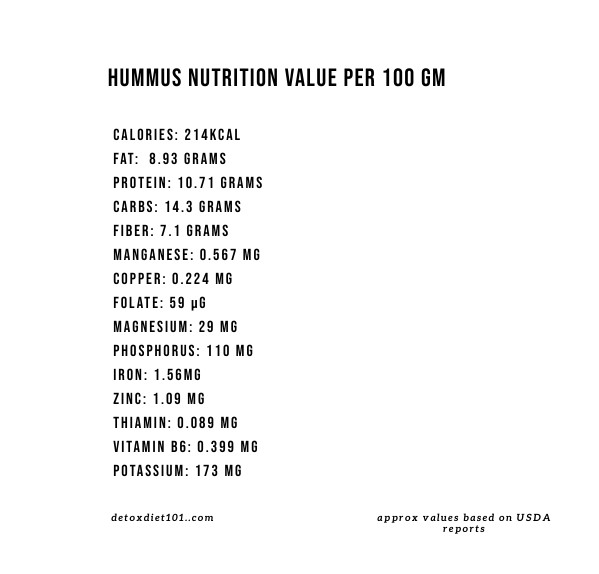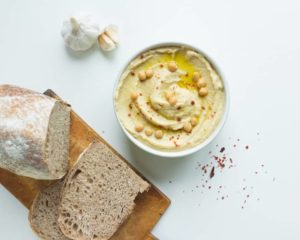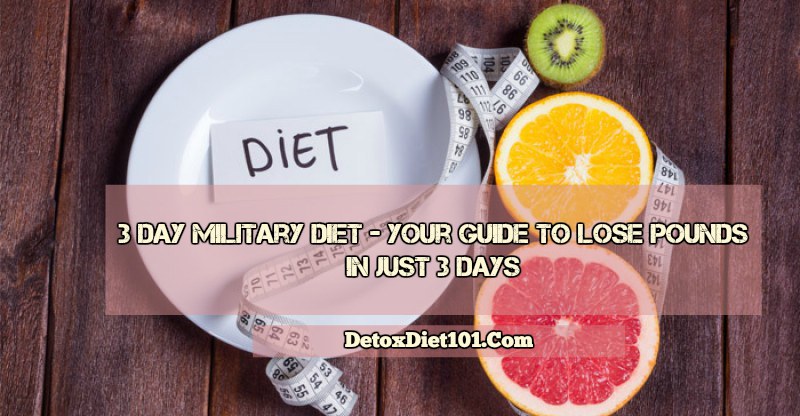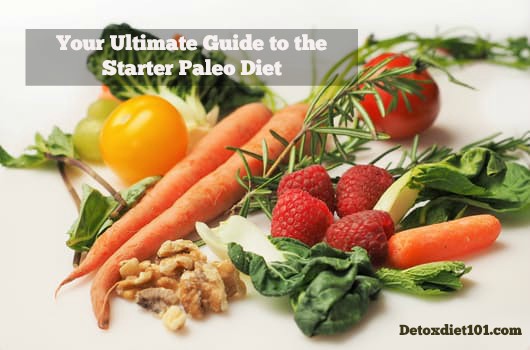Looking for the health benefits of Hummus? So many of you have a question; Is hummus good for you? Here we answer you with some hummus benefits.
Creamy hummus dips have always been a healthy accompaniment, as well as a wholesome dish, having quite a few numbers of health benefits.
Hummus is usually made of chickpeas (garbanzo beans), tahini (ground sesame seeds), olive oil, lemon juice and often other ingredients like red chili flakes and pita bread are added.
Pregnant women, diabetic patients and those with skin allergy indeed can relish this dish and have some great health benefits.
What is Hummus
Hummus is a healthy dip, hailing in Middle Eastern region. Traditionally the dish is prepared with organic garbanzo beans, tahini, lemon juice, garlic and paprika.
Caramelized onion, roasted pine nuts, sliced jalapenos and sun-dried tomatoes can be added to make it flavorsome. Some luscious recipes also suggest of sprinkling oregano and spring onions. This can easily be made at home.
Sprinkling carrots and other legumes can be beneficial in making it healthy and tasty for regular dietary plans.
Moreover, hummus is naturally free of common food irritants and allergens, such as, nuts and dairy, gluten which means it can be enjoyed by most people.
Health Benefits of Eating Hummus
Hummus is not only advantageous for adding protein and fiber to the diet, but also beneficial for weight reduction, controlling blood sugar and curing chronic inflammatory diseases.
Hummus is a rich source of iron, folate, vitamins, miners, phosphorus, all of which are important for vegetarians and vegans.
Rich in nutritive value, adding hummus in diet can be favorable in the following ways:
1. High In Fiber Content, Helps In Curing Digestive Health
Thanks to its high fiber content in hummus, which helps to keep your digestive tract regular.
It’s an nutritious and effective way to increase your fiber intake into your diet and fiber has other advantages too like helping to prevent heart disease.
High dietary fibers of chickpeas in the hummus can be an organic way to retain intestinal health and ease up the bowel movement to avoid constipation.
Acidity is a recurrent problem faced by many for the rampant consumption of fast food and deep-fried food. A regular intake of hummus in breakfast and its released enzymes contribute to healthy digestive systems, beneficiating in long run.
2. Hummus Protein Power House
One of the most common questions we hear is, “is hummus high in protein?” Thankfully, Yes, this lip smacking dip is a great source of protein owing to its main ingredient Chickpeas.
Protein is a very important and essential part of our diet. They are building blocks which helps to repair and building of muscles, enzymes, and rebuilding new cells in our body.
You can always get protein intake from meat but vegetarians are usually looking for all sorts of ways to get protein and Hummus surely is a great option to add to your diet.
If you’re aiming to lose your weight then the protein in hummus will keep you full and give you energy throughout the day.
So instead of binging a salty snack or junk food, which drains your body of energy it needs, you can easily grab a snack with high protein hummus and team it up with a healthy crunchy vegetable.
3. Hummus Helps In Weight Reduction
Hummus has several properties that can help promote weight loss. Research shows hummus is a great source of plant-based protein.
The starch content in hummus with one third proportion of amylose helps in lowering the Body Mass Index (BMI).
Also, a higher protein intake can help curb appetite and boost your metabolism Thus, the weight is reduced, lowering the waist circumference.
Those aspiring to lose a few kilograms or planning for crash diet, can have hummus regularly. You can have this delicious dip with pita breads or in your healthy salads for the flavor.
4. Curb Down Levels of Cholesterol & Reduces Heart Disease Risk
Rise of cholesterol levels have been a common problem seen among those above thirty-five. Hummus and chickpeas contains several ingredients that may help reduce risk factors for heart disease.
Studies show, proportionate usage of chickpeas paste is beneficial for reducing the cholesterol level (LDL) in long term, along with other balanced dietary plans.
Hummus recipes mostly speak of ingredients that doesn’t contains saturated fats.
The presence of mono unsaturated fats helps in lowering low density lipoproteins (LDL) cholesterol levels, that further reduces the chances of cardiovascular diseases.
5. Helps To Control Blood Sugar Levels
Health benefits of hummus are varied but one important advantage is that it can naturally help to control your blood sugar levels.
Chickpeas have a low glycemic index (GI), and foods with low GI are beneficial for keeping the blood sugar level low.
Thanks to the nutrients in hummus, you can eat it to help control your blood sugar levels.
Especially the patients of diabetes should have hummus for its dense nutrition. Type 2 diabetes can be prevented too, with proper intake of protein rich hummus.
6. Curing Internal Inflammation
Have irregular lifestyle and unhealthy diet triggers internal inflammation. The symptoms are often like pain in stomach, vommitish feeling, inflammation during bowel movement and discomfort after meals.
Hummus has both garlic, virgin olive oil and chick peas which are all known anti-inflammatory foods and helps in treating those symptoms of internal inflammation.
Foods that help reduce inflammation also help in reducing the chance of arthritis and disease and they help to heal the body.
7. Keeps Your Stomach Full
You can easily replace high-calorie spreads like mayonnaise, sauces, or creamy dressings with this power food hummus.
Hummus is beneficial enough to add it to your everyday diet. One being its high in satiety value, it is advantageous in keeping the stomach fuller.
This further curtails down the intake of fat, sweeter foods or fast foods. A sumptuous amount taken during lunch or dinner satisfies the hunger for a long time.
8. Helps Your Bones Grow Stronger
Both chickpeas and tahini (made with sesame seeds) are rich in calcium which, as we all know, helps contribute to good bone health.
Lower levels of calcium in bones leads to acute joint pains and lifelong osteoporosis.
This is especially important for women who are reaching their golden years as their bones need calcium to avoid osteoporosis.
Health Benefits of Hummus During Pregnancy
Is It Safe to Eat Hummus During Pregnancy? So let’s talk about some of the health benefits of hummus for pregnant ladies.
Hummus is a great energy food; therefore, it is often recommended for pregnant women.
The nine months of pregnancy can be one of the most challenging periods for women. Having a healthy diet and leading a careful life is necessary during these months.
Besides the other foods and dietary supplements, hummus can be a good source of nutrition too. But you should always check with your physician before adding this to your diet.
- Since each 100gms of hummus contain approximately 8-10 gms of protein, it helps in the growth of cell and thus helping in the development of the fetus. During the second and third trimesters, having a tasty spicy sumptuous plate of hummus with added celery and broccoli appeals to the taste bud and also benefits the growth of the baby.
- Indigestion can be a recurrent problem during these months. Some may even suffer in constipation. Protein rich dishes like hummus with high fiber content can help in such needs to ease up the intestine health, restoring regular digestion pattern.
- High calcium content strengthens the bones and thereby the weight of the baby is maintained.
- Added avocado and peanut butter in the hummus is good for those pregnant women with PCOS.
- Having hummus in the meal plan with whole wheat pita bread can be a rich wholesome nutritious source of energy to cope with the prepartum fatigue.
Hummus Nutrition Value Per 100 gm
The following nutrition information is provided by the USDA for 100 grams (3.5 ounce) of hummus.
*Please verify the values in the table below. Values are in approximation.
- Calories: 214kcal
- Fat: 8.93 grams
- Protein: 8.71 grams
- Carbs: 14.3 grams
- Fiber: 7.1 grams
- Manganese: 0.567 mg
- Copper: 0.224 mg
- Folate: 59 µg
- Magnesium: 29 mg
- Phosphorus: 110 mg
- Iron: 1.56mg
- Zinc: 1.09 mg
- Thiamin: 0.089 mg
- Vitamin B6: 0.399 mg
- Potassium: 173 mg

How To Make Hummus at Home

This quintessential Middle Eastern dip can be easily made at home within 10 minutes.
It’s made by blending chickpeas with olive oil, tahini, garlic, and citrus. There are many varieties of hummus which can be made like roasted pepper hummus, spinach hummus or hummus without tahini.
Here we have showed how to make classic hummus at home which is better than store bought. (easy, cheap and quick to make as a delicious dip for your pita breads and wraps).
Ingredients to Make Classic Traditional Hummus Recipe
- 2 cups of canned chickpeas (garbanzo beans), drained
- 1/3 cup of tahini (sesame seeds paste)
- 1/4 cup of lemon juice
- 2 garlic cloves, crushed
- 1 tablespoon of olive oil
- A pinch of salt
Directions
Place the ingredients into a food processor and blend until smooth.
Enjoy on wraps, sandwiches or as a tasty dip.
Homemade hummus can last for about four days, whereas the shelf life of tinned hummus is about a week.
Side Effects of Hummus
While hummus can be a good source of protein with low calories, some health issues can arise if the recipes aren’t with proportionate ingredients.
The side effects range from bloating to infection in stomach due to excessive usage of legumes. Few side effects can be:
- High fiber content may cause stomach distress.
- Excessive usage of chickpeas may lead to difficulty in digestion.
- Gastrointestinal inflammation can usher.
- Intaking more than four hundred calories at one go may lead to intestinal gas.
- Acidity is a common problem faced by many.
- Few may feel burpy after having a sumptuous amount.
- Instead of dipping, eating beyond measure may also make one develop vomiting tendencies.
Conclusion
Don’t limit yourself to traditional hummus when there are so many exciting flavors at the store like beet hummus, roasted red pepper and garlic.
Try this versatile flavorful dip with vegetables, salads, sprouts, pita pockets, breads, and top your dishes with this.
You can also try making your own chocolate hummus to give it a sweet twist.
Add hummus to your diet by following the recipe above — it’s incredibly easy to make and takes fewer than ten minutes.
So we give all thumps up for this superfood hummus. It’s amazingly simple to make, healthy and delicious addition to your everyday diet.


